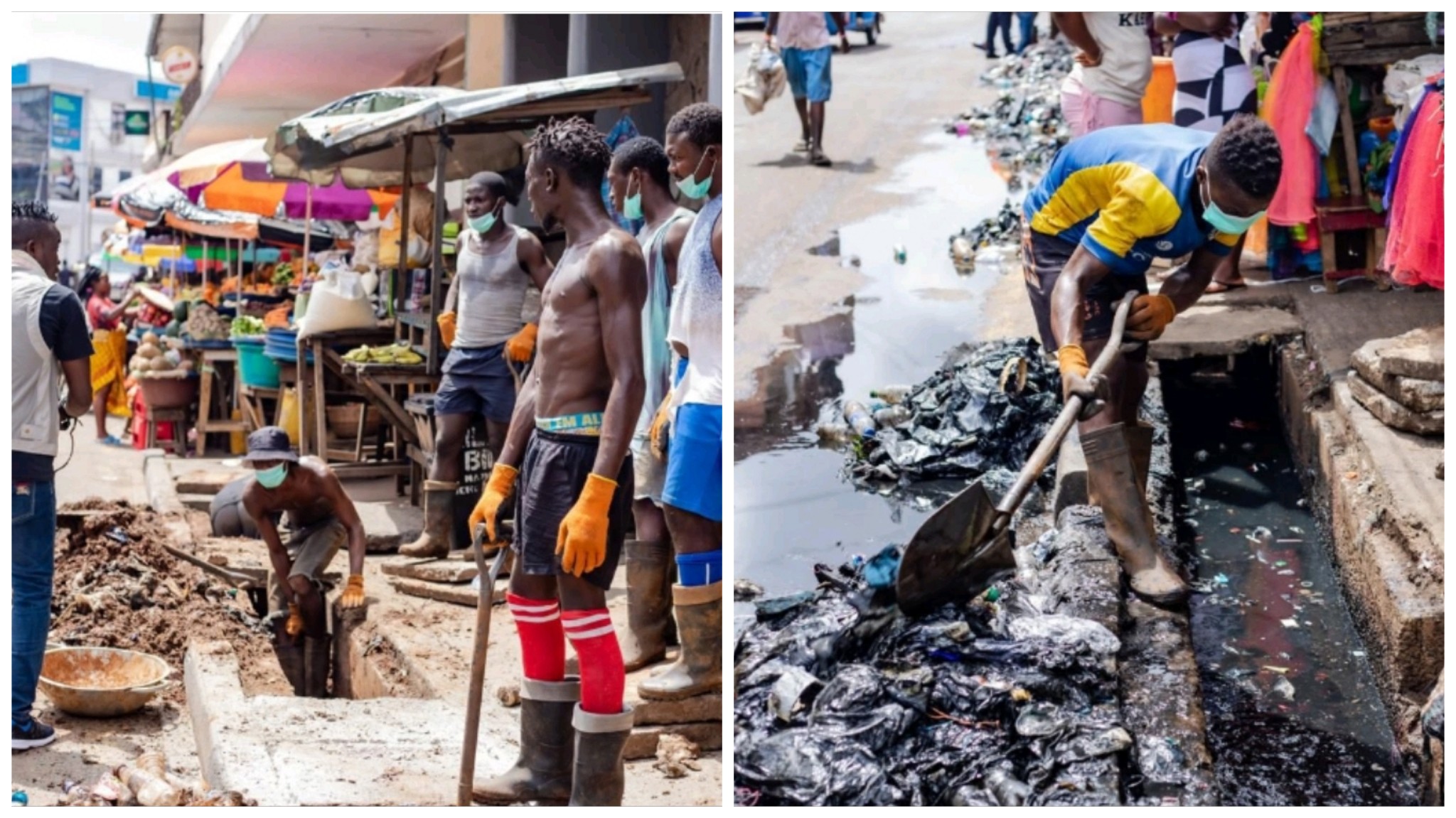
In an effort to combat flooding in Freetown, the Freetown City Council (FCC) has identified and begun mitigation efforts in 72 flood-prone areas across the city. The initiative, which commenced between March and April of this year, aims to enhance community resilience and minimize the risks associated with flooding by collaborating with residents in affected communities to address issues such as silt and garbage build-up that hinder drainage.
As of the latest update, FCC has successfully completed flood mitigation activities in 24 of the identified flashpoints. Some of the areas where interventions have been completed include Samba Gutter, Bright Street, Eastern Street, Murray Town Junction, and several others.
To ensure community involvement and ownership of the project, FCC has engaged an average of 50 youth daily to participate in the cleaning of gutters and waterways in the identified hotspots. Moving forward, the council plans to involve an additional 1300 youth in the next three weeks to address more flood-prone areas.
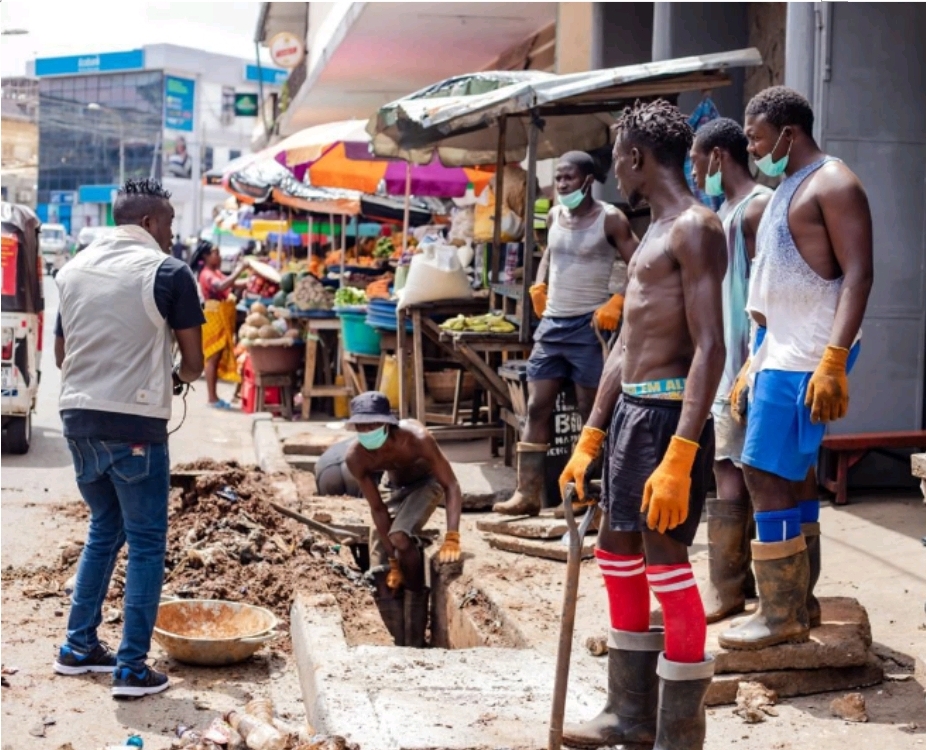
Funding for these flood mitigation activities is provided by the World Bank and GOAL Sierra Leone. The project is being supervised by the FCC Climate Action & Disaster Management and the FCC Sanitation Committees, and implemented by the FCC Disaster Risk Management Unit.
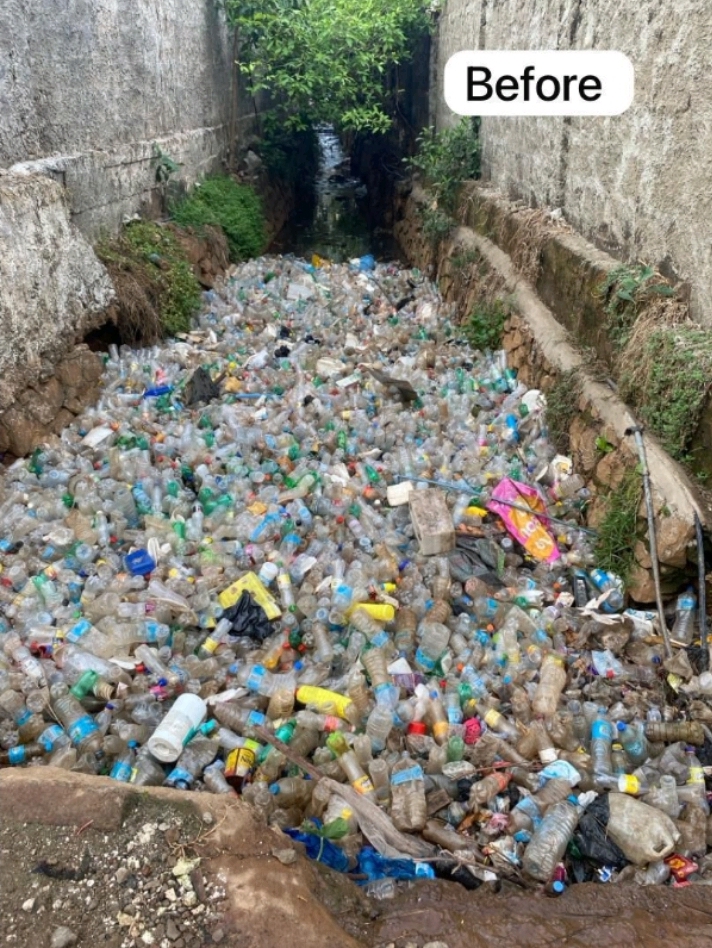
While the current efforts focus on immediate risk reduction, FCC acknowledges the need for sustainable solutions, including waste management strategies for hard-to-reach communities, restrictions on deforestation to prevent silt run-offs, and behavior change incentives for residents. Strengthening sanitation bylaws and collaborating with relevant authorities are also part of FCC’s long-term plans.
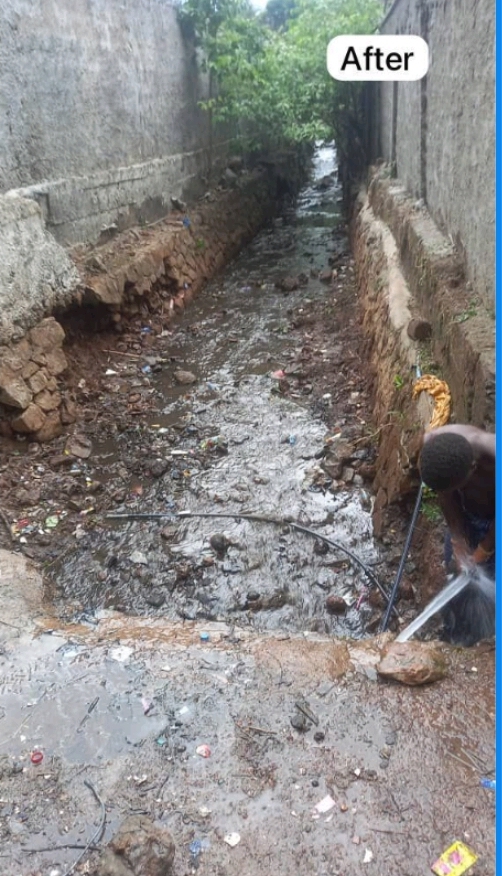
In a plea to Freetown residents, FCC urges support for their sanitation efforts by refraining from depositing waste in gutters and waterways and only using FCC-approved waste service providers.
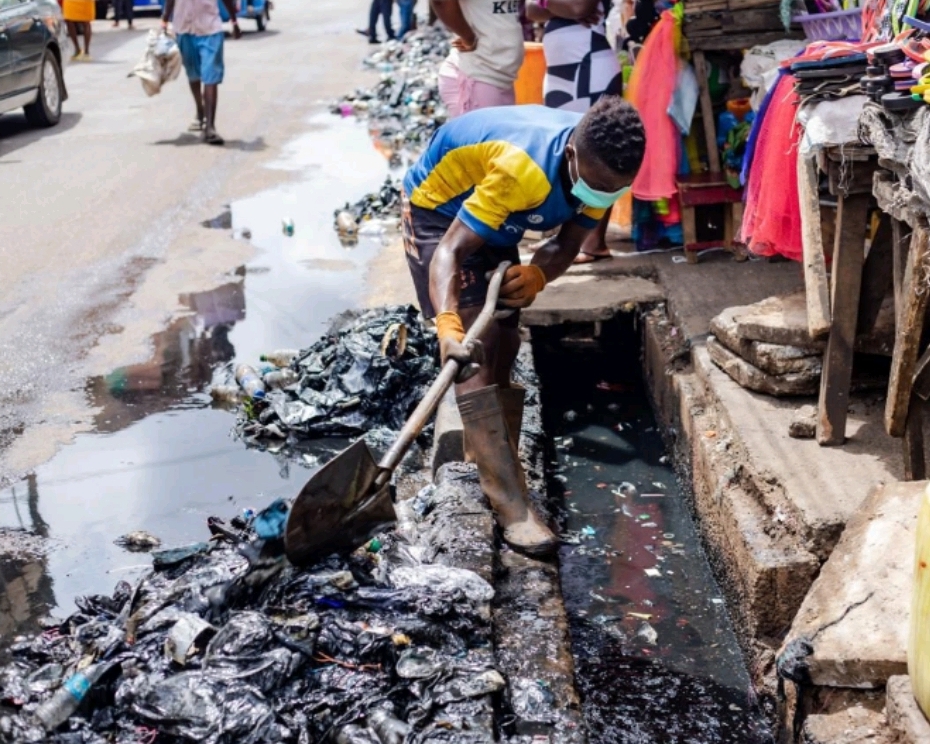
As the initiative progresses, FCC remains committed to addressing the challenges posed by flooding and enhancing the resilience of Freetown’s communities.



